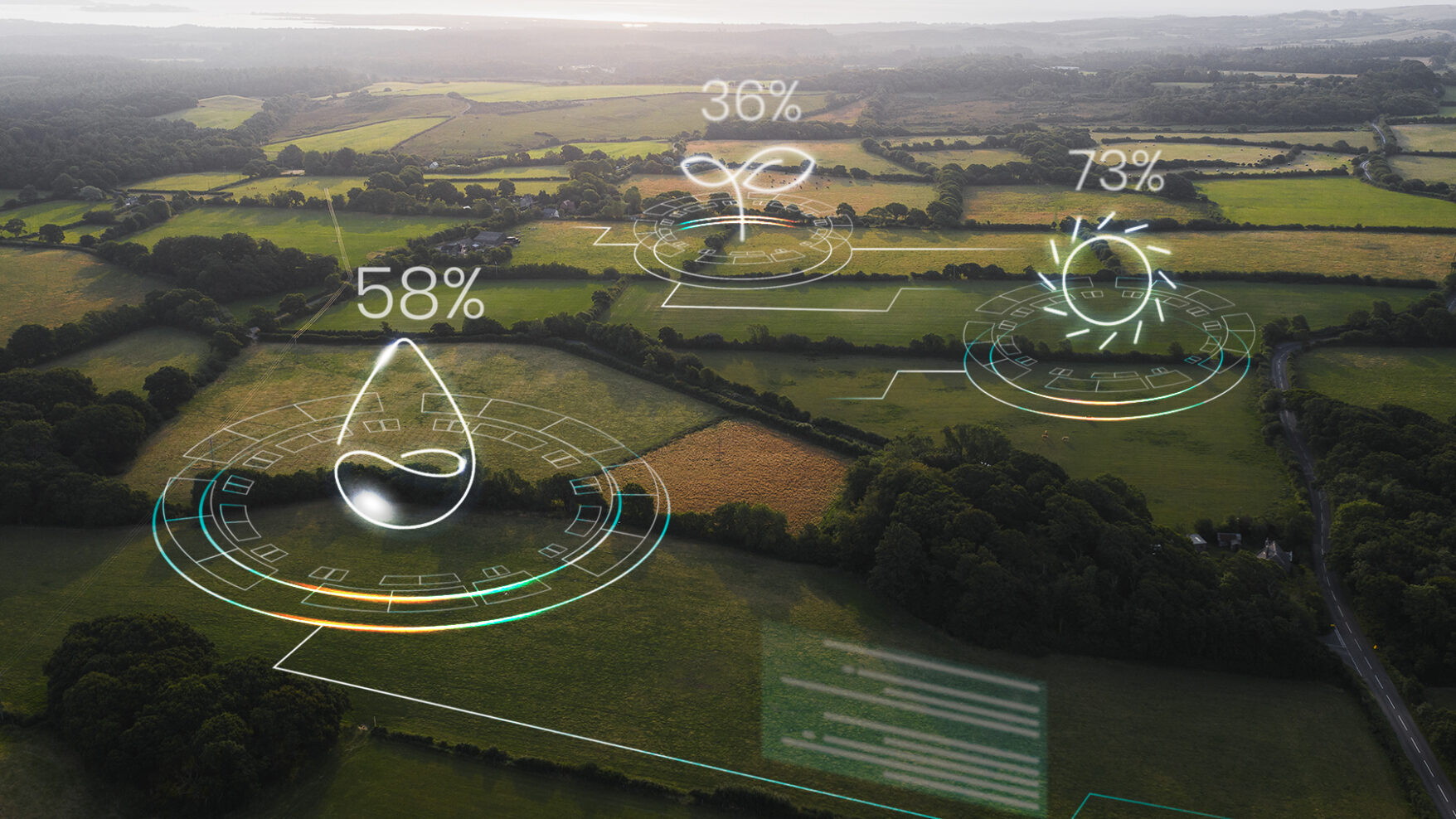Exciting updates to the leadership team at the Center for Digital Agriculture, including naming UIUC Research Professor John Reid as our new executive director.





The U of I offers the first 100% online Master’s Degree in Engineering and professional certificates programs in Digital Ag.
These programs are an interdisciplinary effort between CDA, College of ACES, and The Grainger College of Engineering.
In collaboration with Balanced Engineering, we are hosting the Cultivating Functional Safety Workshop this summer from June 4th to 6th. Register by May 29th to attend.
This week-long interactive online course will increase competency in solving agricultural issues with artificial intelligence, machine learning, and computer vision.
Since our launch in 2018, our center has grown tremendously. Check out some of our key milestones from the last five years.
Latest News
-
NCSA and I-Sci Explorers Inspiring Kids in STEAM
April 19, 2024Through the I-Sci Explorers program at UIUC, CDA's Christina Tucker and Isabella Condotta teaches third-graders about digital agriculture.
-
The Future of Digital Agriculture
March 13, 2024The Center for Digital Agriculture showcased the many advancements in digital agriculture during its annual conference.
-
New Leadership to Take Illinois’ Center for Digital Agriculture Into the Future
December 13, 2023Exciting updates to the leadership team at the Center for Digital Agriculture. Help us welcome John Reid as CDA's new director.
-
Five Years of Success with CDA
October 10, 2023Since its launch in 2018, CDA has grown tremendously. Check out some key milestones from the last five years.
We’re helping researchers, educators, farmers, and industries keep pace with the ways technology is transforming how we feed and support a growing global population.
get Involved
We’re researching everything from the nature of the data itself—its collection, storage, transmission, and analysis—to how the data might be used to optimize areas from precision agriculture to food manufacturing to water use and treatment.
